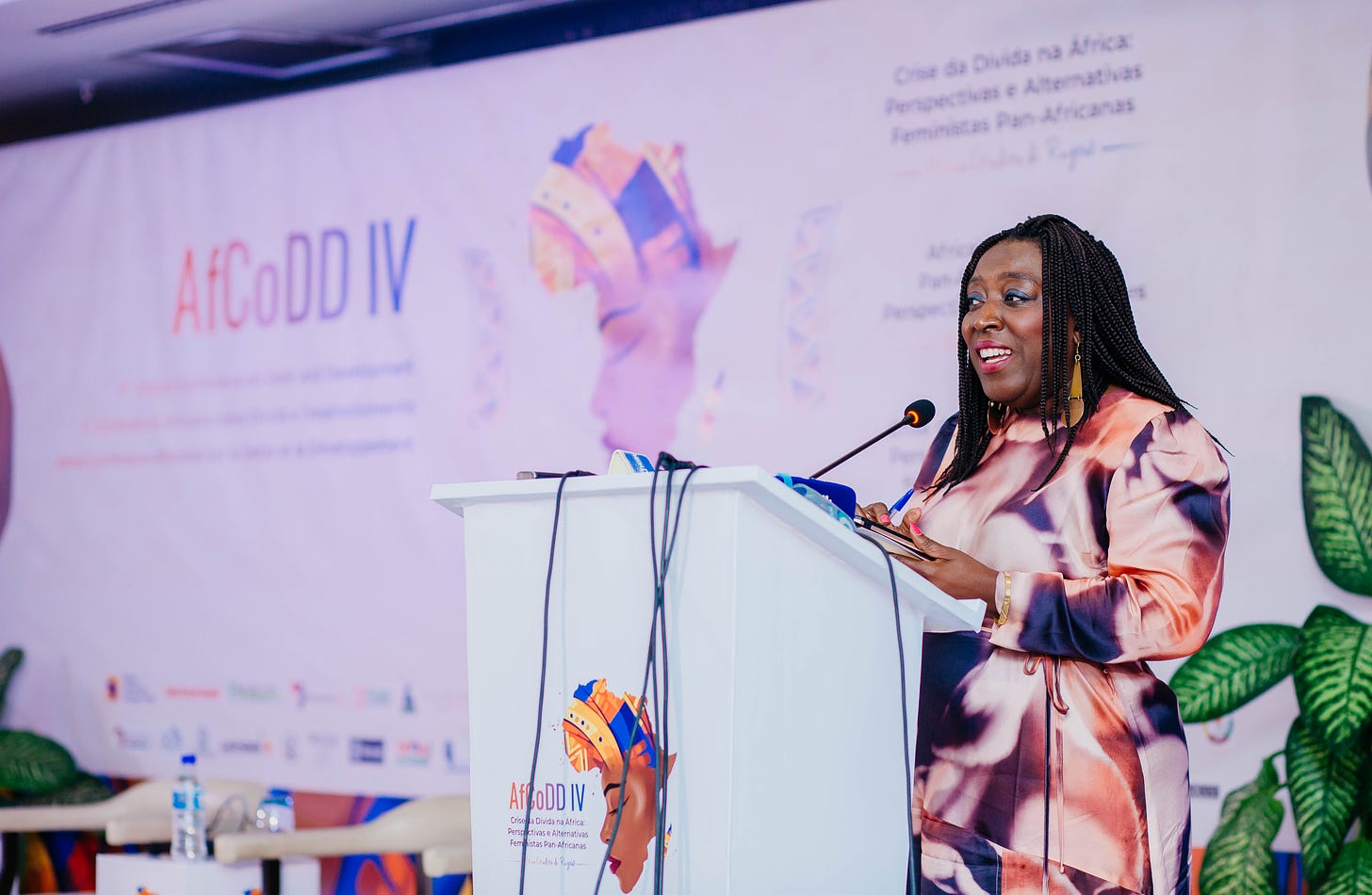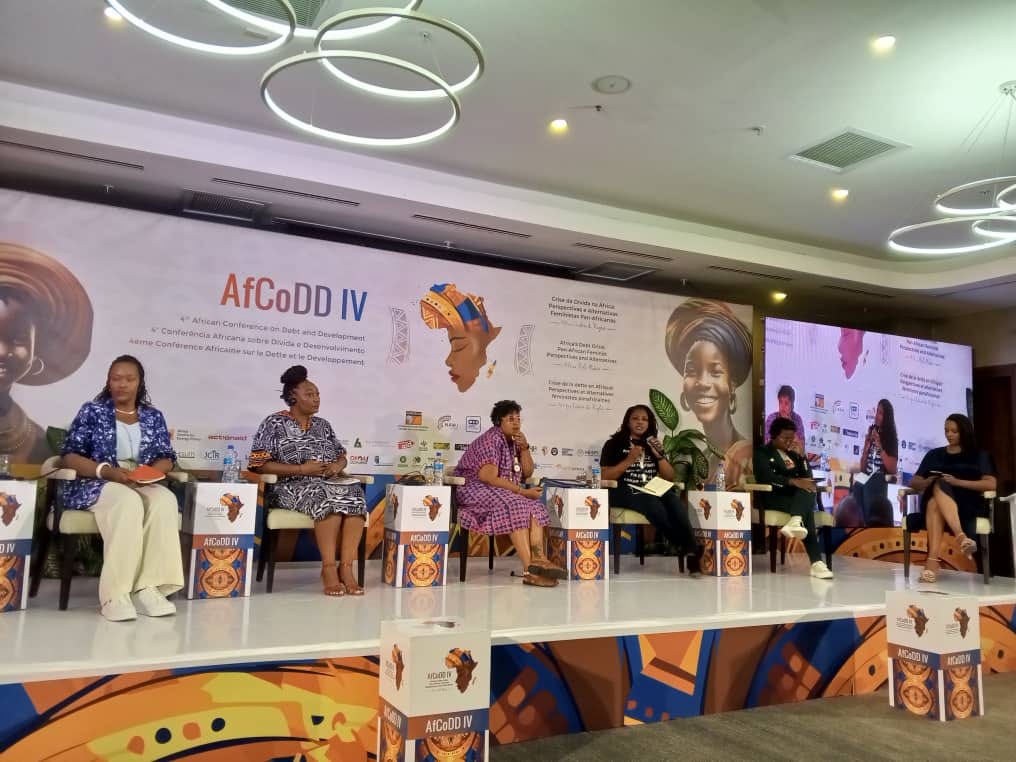"We Belong on the Table": Feminist Solutions Urged for Africa's Debt Crisis
Private creditors now comprise a larger share compared to bilateral and multilateral lenders.
MAPUTO, Mozambique— "We belong on the table. It's a human right," Barbara Kalima-Phiri, Chairperson of AFRODAD’s board of trustees, insisted, highlighting the need for feminist alternatives to the current debt crisis, writes Winston Mwale.
The conference, titled "Africa's Debt Crisis: Pan-African Feminist Perspectives and Alternatives," aims to challenge long-held views on macroeconomic modelling and expose the fractured global debt and financial architecture.
"This system, this financial architecture has disproportionately affected women and especially girls as well," Kalima-Phiri said, adding, "The numbers confirm this story."
She cited figures showing that Africa's share of the single debt has risen from approximately 19% of GDP in 2010 to nearly 29% in 2022, while the composition of the debt has shifted dramatically.
Private creditors now comprise a larger share compared to bilateral and multilateral lenders.
"This discussion around a feminist lens in debt is very essential because we want to bring the gender dimensions and the implications of all the things that are done within debt and how they impact women, men, boys and girls," Kalima-Phiri said.
She highlighted the disproportionate impact of debt servicing on women and children, particularly women as primary caregivers who are often unable to access essential services due to the strain on public spending.
"The cost of servicing debt is disproportionately felt much more by women and particularly children," she said, citing reduced access to healthcare, education, and even interventions for gender-based violence.
"We are not asking for voice. We will not get permission for voice," she emphasized. "We belong. We belong on the table."
She stressed the need to overhaul the global financial system rather than simply reforming it, and called on influential figures at the conference to use their resources and influence to dismantle the "world order, disorder I call it."
"We want action," Kalima-Phiri said. "We want all of us in our different portfolios to move the needle. It is not enough for us to model alternatives that put profits before people."





